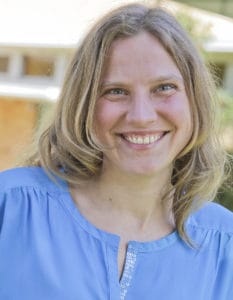|
They say that “we are what we eat”, and food can certainly have a major impact on health and wellbeing. Recently, a research report has been published that looks into the topic of food in the context of Parkinson’s disease. And the results are interesting. In today’s post we will outline the new research, discuss the results, and what they mean for people living with Parkinson’s disease. |
Seattle. Source: Wikipedia
Established in 1978, Bastyr University is an alternative medicines institute.
The original campus (Bastyr now has a second campus in San Diego, California) is tucked into the idyllic forested area of Saint Edward State Park on the edge of Lake Washington, just north-east of downtown Seattle (Washington).
Source: Bastyr
Hang on a moment – ‘alternative medicines’?
While I can understand that some readers may immediately question why ‘alternative medicines’ are being mentioned on the “Science” of Parkinson’s disease website, here at the SoPD HQ we entertain any and all ideas with regards to Parkinson’s disease. And we are certainly open to any data that may be of interest to the Parkinson’s community.
Particularly, when that data comes from this individual:
Source: Bastyr
This is Dr Laurie Mischley. She’s awesome.
She is an Associate Clinical Investigator at Bastyr University, a guru when it comes to nutrition, and our first port of call when we field questions regarding Parkinson’s disease and diet. You can see her in action in this video (recommended viewing for those with Parkinson’s disease and interested in the topic of diet/nutrition):
Importantly, Dr Mischley is also responsible for most of the clinical study data that we have on Acetylcysteine (also known as N-acetylcysteine or simply NAC) in Parkinson’s disease (Click here to read more about this).
And she is currently co-ordinating the “Complementary & Alternative Medicine Care in Parkinson’s Disease” (CAM Care in PD) study, which is attempting to ‘collect as much data as possible over a five-year period with the hope of finding dietary and lifestyle factors associated with a slower disease progression’. The study is still recruiting and I would encourage readers to take time to enrol in the study and fill in the survey (Click here to learn more).
This ongoing CAM study (and Dr Mischley’s efforts) has recently borne fruit that will be of real interest to the Parkinson’s community. It is a research report that reviews dietary and nutritional supplemental factors that can impact Parkinson’s disease progression.
This is the study here:



